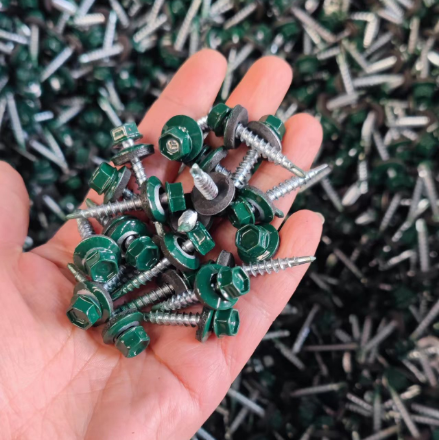flat washer specifications manufacturers
Understanding Flat Washer Specifications and Choosing the Right Manufacturer
Flat washers play a crucial role in various applications across different industries. They are essential components used to distribute the load of a threaded fastener, such as a screw or bolt, and prevent loosening. Given their significance, understanding flat washer specifications and selecting the right manufacturer is essential for ensuring the quality and functionality of your products. This article delves into the specifications of flat washers, their various types, and considerations for choosing a manufacturer.
What are Flat Washers?
Flat washers are thin plates with a hole in the center. Made from various materials such as steel, stainless steel, plastic, and brass, these washers can cater to different environments and applications. Their primary function is to provide a smooth surface for the fasteners, which helps to distribute the load and provide insulation against elements that might induce wear or corrosion.
Key Specifications of Flat Washers
1. Material The choice of material is critical when selecting flat washers. The most common materials include
- Steel Provides high strength and durability, often used in heavy-duty applications. It may be coated for additional corrosion resistance. - Stainless Steel Offers excellent resistance to corrosion and rust, making it ideal for marine and outdoor applications. - Plastic Lightweight and resistant to chemicals, suitable for electrical applications. - Brass Provides good conductivity and is often used in plumbing.
2. Diameter Flat washers come in various diameters to fit different bolt sizes. The outer diameter (OD) and inner diameter (ID) are critical for ensuring a proper fit and load distribution. Washer specifications typically include the maximum and minimum diameters to accommodate standard fasteners.
3. Thickness The thickness of a flat washer can significantly affect its performance. Thicker washers provide more load distribution but can add weight and bulk to the assembly. Manufacturers often provide guidelines for selecting the appropriate thickness based on application.
4. Finish The finish of a flat washer can influence its performance in specific environments. Common finishes include galvanized, zinc-plated, and black oxide, each offering varying degrees of corrosion resistance.
5. Load Rating Some washers are designed to withstand high levels of pressure and tension. Load ratings are often provided by manufacturers and help in determining the appropriate washer for load-bearing applications.
Types of Flat Washers
flat washer specifications manufacturers

There are various types of flat washers, each designed for specific functions. Some common types include
- Standard Flat Washers The most common type, used for general purposes. - Large Diameter Washers Designed for applications requiring larger surface areas to distribute the load more evenly. - Lock Washers Although technically not flat, these washers are crucial in preventing fasteners from loosening due to vibration. - Fender Washers These have a larger outer diameter and are often used in applications where a larger bearing surface is required.
Choosing the Right Manufacturer
Selecting the right flat washer manufacturer is crucial for ensuring product quality and compliance with specifications. Here are some factors to consider
1. Reputation Research manufacturers' reputations. Look for suppliers with positive reviews and a track record of quality.
2. Certifications Ensure that the manufacturer adheres to industry standards and holds certifications like ISO 9001. This indicates a commitment to quality management.
3. Customization Options Depending on your specific needs, find a manufacturer that offers customization in terms of material, size, and finish.
4. Customer Service Good customer service is vital, as it can impact your experience from ordering to receiving the product. Responsive manufacturers can better accommodate inquiries and concerns.
5. Pricing While cost should not be the sole determining factor, it’s essential to find a manufacturer that offers competitive pricing without compromising quality.
Conclusion
Flat washers may appear simple, but their specifications are critical in ensuring the reliability and longevity of mechanical assemblies. By thoroughly understanding these specifications and selecting a reputable manufacturer, you can significantly enhance the performance of your projects. Always prioritize quality, compliance, and customer service in your selection process. Investing time in choosing the right flat washer and manufacturer will pay off in reduced failures and enhanced product integrity.
-
Top Choices for Plasterboard FixingNewsDec.26,2024
-
The Versatility of Specialty WashersNewsDec.26,2024
-
Secure Your ProjectsNewsDec.26,2024
-
Essential Screws for Chipboard Flooring ProjectsNewsDec.26,2024
-
Choosing the Right Drywall ScrewsNewsDec.26,2024
-
Black Phosphate Screws for Superior PerformanceNewsDec.26,2024
-
The Versatile Choice of Nylon Flat Washers for Your NeedsNewsDec.18,2024










